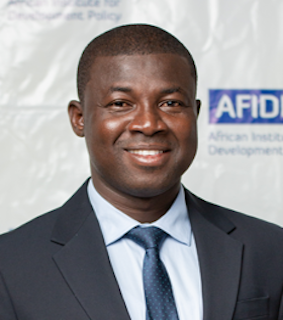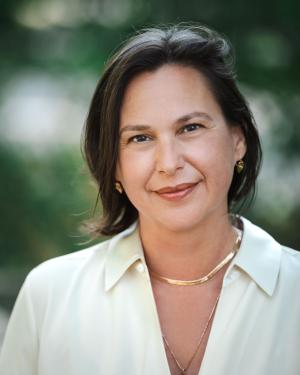
Assessing Spatial Heterogeneity in Social Sciences Research
A precise definition of "neighborhood," encompassing both spatial extent and social composition, remains elusive. The concept of space as a social product introduces the idea of endogenous evolution, emphasizing its heterogeneous and disputed nature (Lefebvre, 1974). As we consider data within the context of observations ordered in space and time, a paradigm shift occurs (Anselin, 1988). This perspective prompts an exploration of the arbitrary nature of space, where decisions regarding aggregation, zoning, and scale exert a profound influence on the analysis of social phenomena.
We propose to further develop a research collaboration between the University of Chicago’s Center for Spatial Data Science (UChicago CSDS) and the Universidade Federal de Minas Gerais (UFMG) in Brazil that builds on earlier collaborations between Professor Anselin (UChicago CSDS) and Associate Professor Amaral (UFMG). In 2020 and 2023, Dr. Amaral visited the UChicago CSDS and successfully developed a joint research project, partially funded by the Provost’s Global Faculty Awards. Currently, with this CISSR Faculty Research Fellowship Grant we propose to achieve three goals: 1) The further development of new estimators for endogenous spatial regimes to allow for addressing spatial heterogeneity; 2) the implementation of these estimators as free and open software; and 3) the application of these methods and tools to a research project about housing markets in Brazil.
Biography
Luc Anselin is the Founding Director of the Center for Spatial Data Science at the University of Chicago, where he is also Stein-Freiler Distinguished Service Professor of Sociology and the College. He previously held faculty appointments at several institutions, including Arizona State University, the University of Illinois at Urbana-Champaign, and the University of California, Santa Barbara, and was a visiting professor at Brown University and MIT. He holds a PhD in Regional Science from Cornell University.
Over the past four decades, he has developed new methods for exploratory spatial data analysis and spatial econometrics, including the widely used local indicators of spatial autocorrelation. His 1988 Spatial Econometrics text has been cited more than 17,000 times. He has implemented these methods into software, including the original SpaceStat software, as well as GeoDa, an open-source software for exploratory spatial data analysis, downloaded by more than 600,000 users worldwide. He also contributes to the Python PySAL library for spatial analysis.
His work has been recognized by several awards, including election to the U.S. National Academy of Sciences and the American Academy of Arts and Sciences.

I joined AFIDEP as a Research and Policy Analyst, having graduated with a PhD in Population Studies from the Regional Institute for Population Studies at the University of Ghana in 2018. My research interests are in the areas of gender, fertility, family planning and urban development. Over the last three years, I have been involved in managing and leading three important family planning projects at AFIDEP. These are; (a) The project on re-examining traditional contraceptive use in Kenya, Ghana, Nigeria and DRC (b) the Exemplars in Family Planning Country Study in Malawi and (c) the IUSSP fellowship project on leveraging urbanisation for sustainable in Malawi. The projects have generated data and evidence that is critical for family planning research and policy in sub-Saharan Africa.
Recent Research / Recent Publications
This is a mixed methods study funded by the Bill and Melinda Gates Foundation (BMGF) and aimed at testing new measurement approaches to better capture and estimate the use of traditional methods of contraception in four sub-Saharan African countries (2020-2023)

Jenny Trinitapoli’s work bridges the fields of social demography and the sociology of religion. She has written extensively about the role of religion in the AIDS epidemic in Sub-Saharan Africa. Since 2008, she has been the principal investigator of Tsogolo la Thanzi, an ongoing longitudinal study of young adults in Malawi, which asks how young adults negotiate relationships, sex, and childbearing in the midst of a severe AIDS epidemic. Trinitapoli is the author of An Epidemic of Uncertainty (University of Chicago Press, 2023) and co-author of Religion and AIDS in Africa (Oxford University Press, 2012).